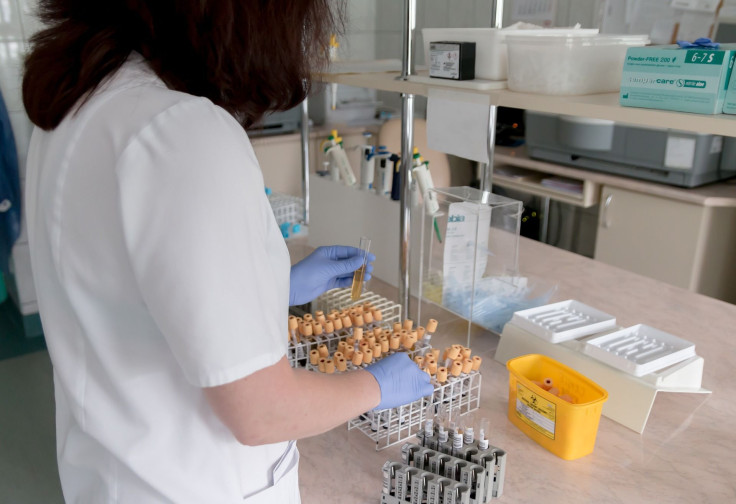Woman Can Smell Parkinson's Disease, May Lead To Scientific Breakthrough For Detection

Researchers at the Manchester Institute of Biotechnology in the U.K are close to forging the first diagnostic test for Parkinson’s disease as a result of the fact that a woman could smell the odor of the disease.
According to a report by CBC, a former nurse, Joy Milne, first detected the odor of the disease from her late husband before he was diagnosed with the disease, six years ago. He died of the disease two years ago.
With Milne's help, the researchers found 10 molecules connected with Parkinson's and their identification could lead to the first ever diagnostic test.
Milne was interviewed on the show "As It Happens," on CBC Radio, Monday, and said: "It's a very heavy, oily, musky smell. It's not like the musk of a plant — it is definitely an animal musk."
She stated that she began mentioning to her husband that he smelt bad when he was aged 32 or 33. She reportedly told him: "You're smelling. You're not showering enough."
She then stated that a lack of a proper bath was not the reason for the smell.
The report said the first time Milne linked the smell with the disease was when she and her husband went to a meeting for Parkinson’s patients. "We went to a Parkinson's meeting. We got home and I sat him down... and I said to him, 'those other people smelled the same as you in that room.' And he just looked at me and said, 'What are you talking about?' And I said, 'the other people who had Parkinson's smelled exactly the same as you,'" Milne explained.
However, Milne did not just come to a conclusion. She chose to explore the phenomenon more before coming to a conclusion. She and her husband went to numerous Parkinson’s meetings in Scotland. One of those meetings included a lecture by Dr. Tilo Kunath, a member of MRC Centre for Regenerative Medicine at the University of Edinburgh.
The report then stated that Kunath in a bid to test Milne’s ability and credibility gave her five t-shirts to detect the smell. "There was one t-shirt who I insisted the man had Parkinson's and [Kunath] said, 'No, no he's in the control group,'" she said.
It was later found out that the t-shirt belonged to a man who had Parkinson’s disease which made Kunath realise that Milne was right about the whole issue.
According to a BBC report, Kunath with regards to the same said, "She [Milne] was telling us that this individual had Parkinson's before he knew, before anybody knew."
"So then I really started to believe her, that she could really detect Parkinson's simply by odor that was transferred on to a shirt that the person with Parkinson's was wearing."
Kunath called Perdita Barran, a professor at Manchester University and asked her to carry out research where they collected samples from Parkinson's patients and from ones without the disease. Milne with regards to the same stated in the interview, "[Barran] is hoping that she will be able to manufacture a simple swab that will go into general practice and she will also be able to design and build a small spectrometer that could be in clinics and hospitals."
When asked about whether her husband knew about her work with Parkinson’s, Milne said: "He did. He was very, very keen on it. He made me promise— he knew he was dying — he made me promise that I would do it. He said, 'Don't... let them defeat you. Keep going.'"
© Copyright IBTimes 2025. All rights reserved.






















